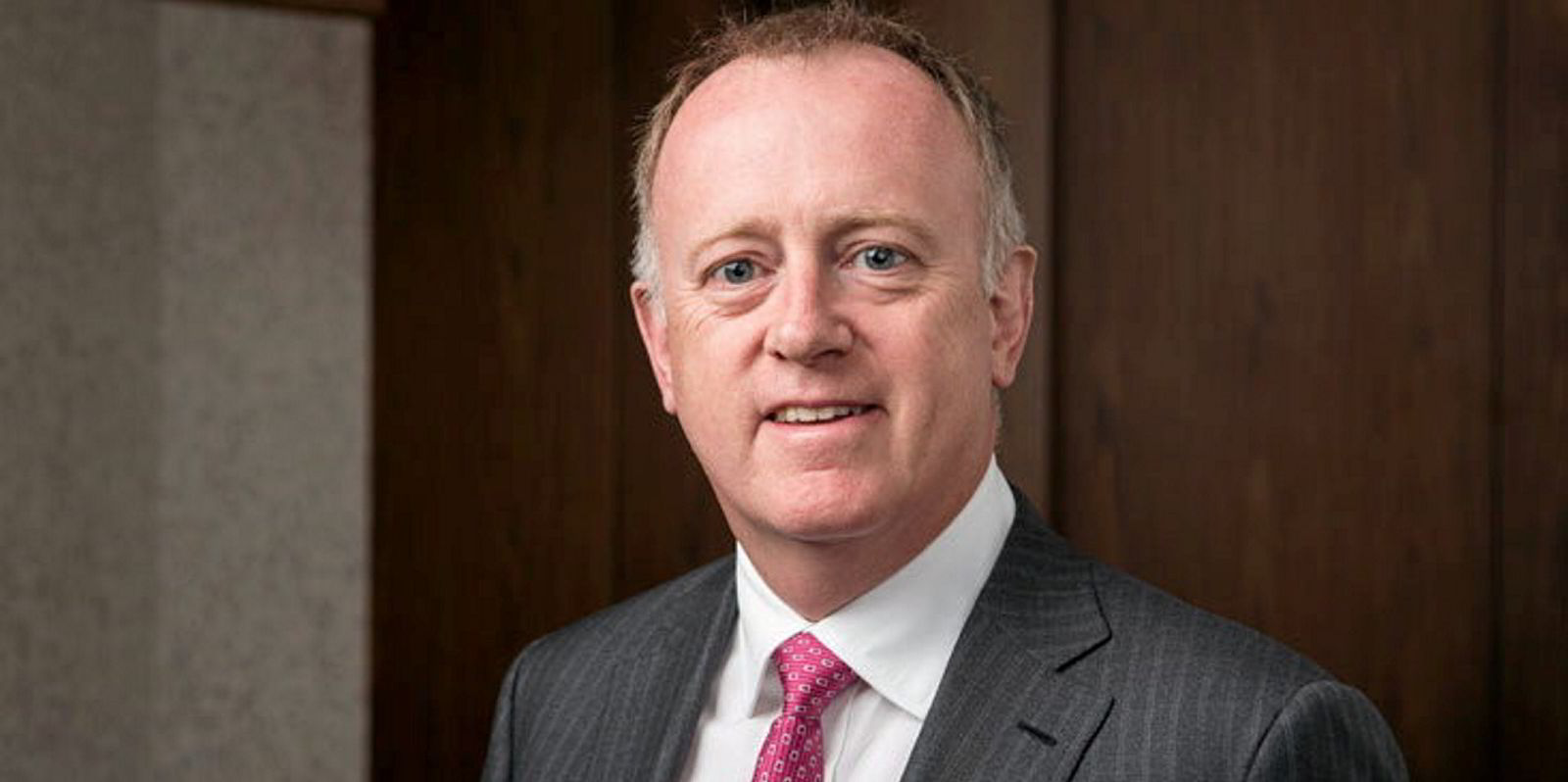The Fourth Industrial Revolution will enable "veritas" (truth) to replace "fidei" (faith), disrupting shipping to a greater extent than sail to steam or the introduction of the telegraph.
Shipping, and the insurance industry, for the last 400 years has had no alternative but to develop “trust” as the cornerstone of the relationship between various interests, and to rely on integrity.
Shipping was controlled primarily from the City of London, with Lloyd’s of London controlling marine insurance for some 200 years before the advent of protection and indemnity clubs, and for some 100 years afterwards.
Trust and integrity went hand in hand. The ability to “blackball” a scoundrel from entering Lloyd’s, or from the City of London Club where the phrase originated, was a substantial enough deterrent.
Today shipping, while often referred to as a "global village", is a very widespread and often opaque village, where many of the actors have never meet, even by webcam.
Cultural concepts and language often get “lost in translation” and many make assumptions which too often prove to be expensive both in time and money.
These mistakes also lead to lack of trust and general ill-founded generalisations about even the trustworthiness of a whole country!
It is maybe of interest that often the second-largest cost in running an insurance broker is the cost of professional indemnity insurance.
I am aware of one claim that resulted in a substantial settlement of some $90m, and recently another substantial case has been settled and circulated around the market.
Carry on regardless
Embarrassment is often too much and the cases are treated discreetly, with the perpetuators left to carry on regardless, and with the markets generally unaware of any transgression.
The advent of technology, especially the use of Blockchain KSI [keyless signature infrastructure], will not only reduce costs of administration and acquisition, but importantly will establish immutable and transparent contracts enabling contract certainty.
The hundreds of millions of dollars held as unallocated funds by brokers and underwriters will find their rightful home.
Premiums and claims will be instantly exchanged between the parties replacing disagreements regarding payments and who owes what and to whom.
Headlines like this one from Australia — Federal Court says insurer failed to act in utmost good faith — will become obsolete.
The use of artificial intelligence (AI) in augmenting consistent underwriting will enable marine underwriters to not only recognise quality, but more importantly to reward quality and to encourage others to climb the quality ladder.
It will help raise the barrier of entry into the shipping industry in supporting the United Nations Sustainable Development Goals, including climate change and protecting the environment.

While the importance of insurance has been recognised in the United Nations' Principles of Sustainable Insurance, it would appear this has yet to be appreciated by the majority of marine underwriters, many of whom are trying to right the past rather do something about the future.
For many, the misdemeanours of shipping are viewed through rose-tinted glasses and scams and “getting away with it” are seen in same light as the thin line between the “privateers” and the “pirates” of the 18th century.
The efforts of the Marine Anti-Corruption Network will be greatly assisted by the use of satellite technology to monitor vessel position, weight and any spillage.
The use of technology will enable the supplies of bunkers and lubricants to be verified and transactions to be immutable. Supplies of victuals will likewise be verified.
Documentation such as class and flag state records will likewise become immutable. Clinics and medical records will be irrefutable. Qualifications, likewise, will become 100% accurate.
Truth will replace trust, honesty and integrity will become commonplace and be rewarded. Those who do not adopt new technology will face being excluded from the industry.
In adopting “truth”, shipping’s reputation will become, in the eyes of government, the media and the general public similar to the aviation’s: recognised, respected and rewarded. Criminalisation of seafarers for all intents and purposes will disappear and the critical importance of the seafarer will become enshrined.
"Vincit omnia veritas" (truth conquers all things) at last will ring the bell!
Veteran underwriter Jonathan Jones is managing director of Hong Kong-based JLJ Maritime.








